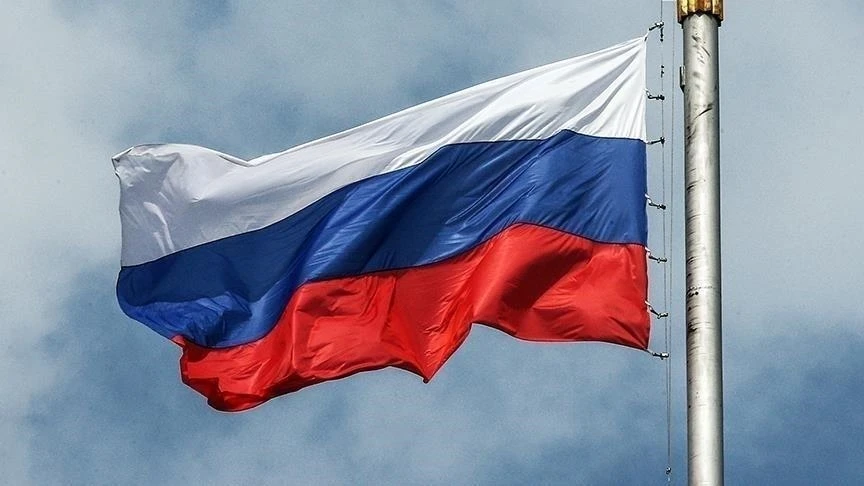Russia warns NATO’s military buildup near its borders will not go unanswered
 Russia says NATO's nuclear rhetoric raises tensions, Moskow, June 17, 2024 (AA Photo)
Russia says NATO's nuclear rhetoric raises tensions, Moskow, June 17, 2024 (AA Photo)
Russia’s Foreign Ministry issued a warning on Wednesday that NATO’s increased military presence near its borders will not go unanswered.
“I can only confirm that Russia will not leave unanswered the NATO military build-up on our border, which threatens the security of the Russian Federation,” Andrey Nastasyin, the ministry’s deputy spokesman, said at a press conference in Moscow.
Nastasyin highlighted the Finnish parliament’s recent approval of a defense agreement allowing the US access to 15 military bases in Finland, which he said demonstrates NATO’s efforts to bolster its military presence on Russia’s borders.
He also commented on the invitation of the Azerbaijani and Armenian foreign ministers to a NATO summit scheduled for July 9-11 in Washington, D.C., describing it as “another example of the Americans attempting to extend their destructive influence to all regions of the world. With the absolute indulgence of weak-willed satellites in Europe, Washington sets the task of breaking our friends, neighbors from cooperation with Russia.”
“NATO members are trying to develop their own approaches to regional issues. This approach of NATO has led to disastrous results many times,” Nastasyin added.
He accused the U.S. and its European allies of being dissatisfied with the situation in Ukraine and attempting to create chaos in neighboring countries. “They are supplying weapons to Armenia, trying to rebuild this country’s defense sector and undermine the security mechanisms in the Collective Security Treaty Organization (CSTO),” he said. “At the same time, they are trying to influence Baku. This increases tension between Azerbaijan and Armenia, negatively affects dialogue between the two countries, and provokes an arms race in the region.”
Nastasyin argued that this approach aims to divide the South Caucasus region and could lead to destructive consequences. He emphasized that security and stability in the South Caucasus should be ensured by the countries in the region.
He also accused Lithuania, Latvia and Estonia of adopting a “destructive approach” toward the South Caucasus.



